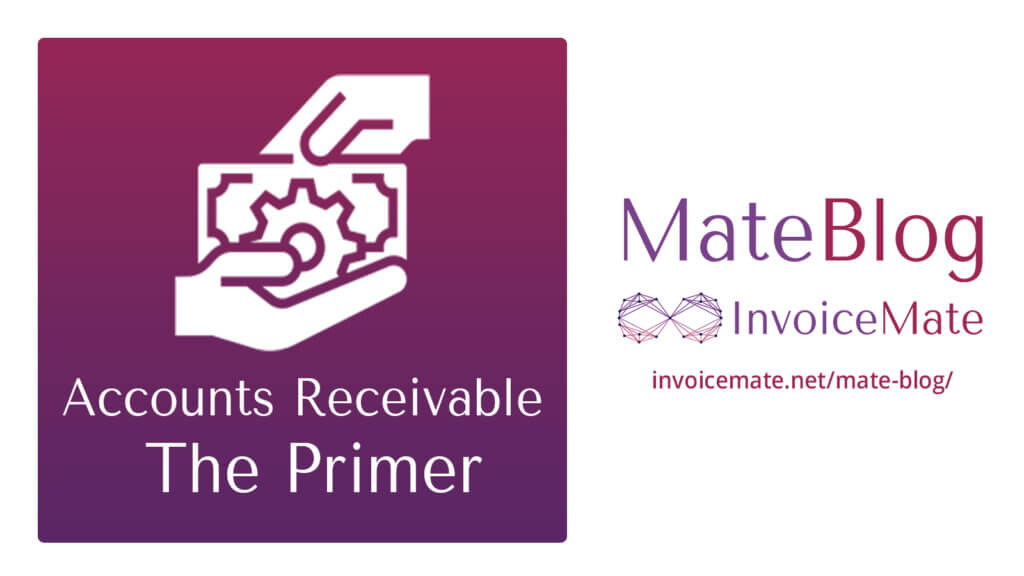Connect With Us

Whenever a company involves in selling their goods and/or services on credit. They come across accounts receivable. It is among the most common types of accounting heads a business need to maintain even with the minimum accounting practices.
Following is an explanatory definition of Accounts receivable:
The amount of money due to a company for goods or services delivered or utilized but not yet paid for by consumers is known as accounts receivable (AR). AR are treated as current assets on the balance sheet. Any sum owing by clients for purchases bought on credit is referred to as AR.
To explain it a little further:
- When a business provides its customers, products, or services on credit, accounts receivables are created.
- Accounts payable is similar to accounts receivable, however, it deals with money owed rather than money to be received.
- Accounts receivable is a balance sheet asset that indicates money owed to a business in the short term.
Exploring Further
AR refers to a company’s outstanding invoices or the money owed by customers. The term refers to accounts that a company is entitled to get as a result of delivering a product or service. Accounts receivables, often known as receivables, are a type of credit that a firm extends to its customers and typically contain terms that demand payments to be made within a short time. It might be anything from a few days to a whole fiscal or calendar year.
As the customer has a legal obligation to pay the debt, companies report AR as assets on their balance sheets. Furthermore, AR are current assets, which means the debtor must pay the account balance within a year or less. If a corporation has receivables, it means it has made a credit sale but has not yet received payment from the buyer.
Understanding The Accounts Payable and Accounts Receivable Relation
Accounts payable are the debts owed by a firm to its suppliers or other third parties. Accounts payable and receivable are the polar opposites of each other.
Alpha provided products to Bravo. Alpha submitted the invoice with Bravo for the same. Bravo accepted the invoice and committed to paying off the amount of the invoice after 15 days. Both entered the same transaction in their accounts. Alpha will treat the transaction as receivable and will enter it into their AR whereas Bravo will treat the same transaction as payable and will add it to AP accordingly.
Advantages of Accounts Receivable For A Business
AR is a critical component of a company’s fundamental analysis. As a current asset, accounts receivable measures a company’s liquidity, or its ability to meet short-term obligations without generating new cash flows.
AR is frequently analyzed in the context of turnover, also known as the accounts receivable turnover ratio, which indicates the number of times a company’s accounts receivable amount has been collected within an accounting period.
Days sales outstanding analysis, for example, evaluates the average collection timeframe for a company’s receivables balance over a given time.
Where To Look For Accounts Receivable
Accounts Receivables can be found on the balance sheet of a business. Due to their nature, they will be placed under the heading of assets.
Why Accounts Receivable Are Important
Business is all about customers. Every business wants customers for its products and services. They are the source of revenue and profitability of a business. So having customers is good for business. At the same time, credit sales are also very important for every size of business. Hardly any business from a small grocery vendor to a large oil producer, everyone has to come across credit deals. Normally credit deals are done for some finite period and terms. These terms give the business an idea about the status of its cash flows. It tells how much amount you are expecting to receive in a certain period of time and you make business decisions based on these receipts. You plan your payments, production, expansion, operations, and almost every financial decision based on your cash flows. Any delay or interruption in AR can hurt your business in short to long-term planning. That is why Accounts Receivable is important for a business.
InvoiceMate And Accounts Receivable
InvoiceMate is a complete invoice management system that fully automates your AR and AP operations and management. You can contact our team for a demo of the product by using the contact form in the Contact section or you can directly write at mate@invoicemate.net
